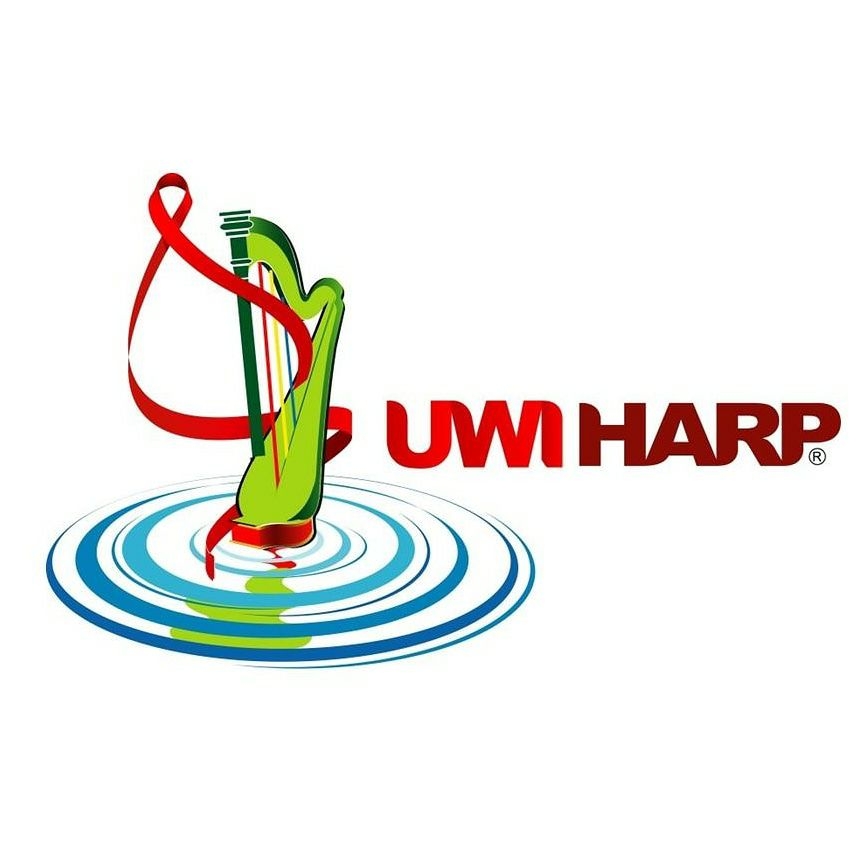
UWIHARP promotes sexual health and well-being during COVID-19
The University of the West Indies HIV & AIDS Response Programme (UWIHARP) at the Cave Hill Campus repositioned outreach activities with the arrival of COVID-19 to the Caribbean. UWIHARP staff quickly transitioned ongoing programming to a virtual format and developed relevant content to promote sexual health and well-being during the pandemic response.
The Sexual Health Online Conversations About COVID-19 (SHOCC) included: Safe Sex and COVID-10, Mental Health, Sexual Well-being, and COVID-19, Sexual Health and Gender-Based Violence During Periods of Isolation, Pregnancy, Wellness, and COVID-19, Intimate Partner Violence against Women During the COVID-19 Crisis, Living with HIV During COVID-19: Testimonies from the Communities, Intersecting Pandemics: Experiences of Marginalised Populations during COVID-19.
Virtual programming increased the scope of UWIHARP’s reach significantly. The SHOCC sessions attracted over 544 participants across the Caribbean and internationally. Dr Michael H. Campbell, PhD, Chair, UWIHARP—Cave Hill, Barbados, expressed gratitude to the UWIHARP staff members, including Monique Springer, Kileha Anderson, and Kelly-Ann Yarde, for putting together the innovative response. He also thanked the content experts, community members, and allies who facilitated discussions.
SHOCC and other virtual outreach programmes continue during 2021. For more information, visit
https://www.facebook.com/pages/category/Education/Uwiharp-Cave-Hill-527362017355914/
WHAT IS PANCAP?
PANCAP is a Caribbean regional partnership of governments, regional civil society organisations, regional institutions and organisations, bilateral and multilateral agencies and contributing donor partners established on 14 February 2001. PANCAP provides a structured and unified approach to the Caribbean’s response to the HIV epidemic, and coordinates the response through the Caribbean Regional Strategic Framework on HIV and AIDS to maximise efficient use of resources and increase impact, mobilise resources and build the capacity of partners.
What are the Global AIDS Strategy 2021–2026 targets and commitments?
If targets and commitments in the strategy are achieved:
- The number of people who newly acquire HIV will decrease from 1.7 million in 2019 to less than 370 000 by 2025
- The number of people dying from AIDS-related illnesses will decrease from 690 000 in 2019 to less than 250 000 in 2025.
- The goal of eliminating new HIV infections among children will see the number of new HIV infections drop from 150,000 in 2019 to less than 22,000 in 2025.
What are the 95-95-95 Targets for ending AIDS?
- 95% of People Living with HIV know their HIV status;
- 95% of people who know their status on treatment; and
- 95% of people on treatment with suppressed viral loads.
HELPFUL LINKS:
Global AIDS Strategy 2021–2026, End Inequalities, End AIDS
https://pancap.org/pancap-documents/global-aids-strategy-2021-2026-end-inequalities-end-aids/
Caribbean Regional Strategic Framework on HIV and AIDS (CRSF) 2019-2025
https://pancap.org/pancap-documents/caribbean-regional-strategic-framework-2019-2025/
